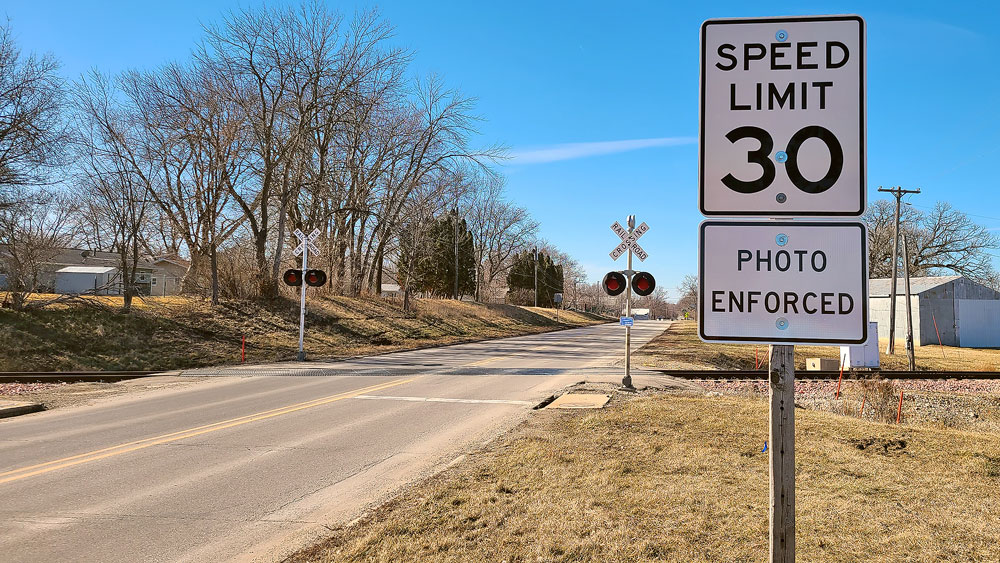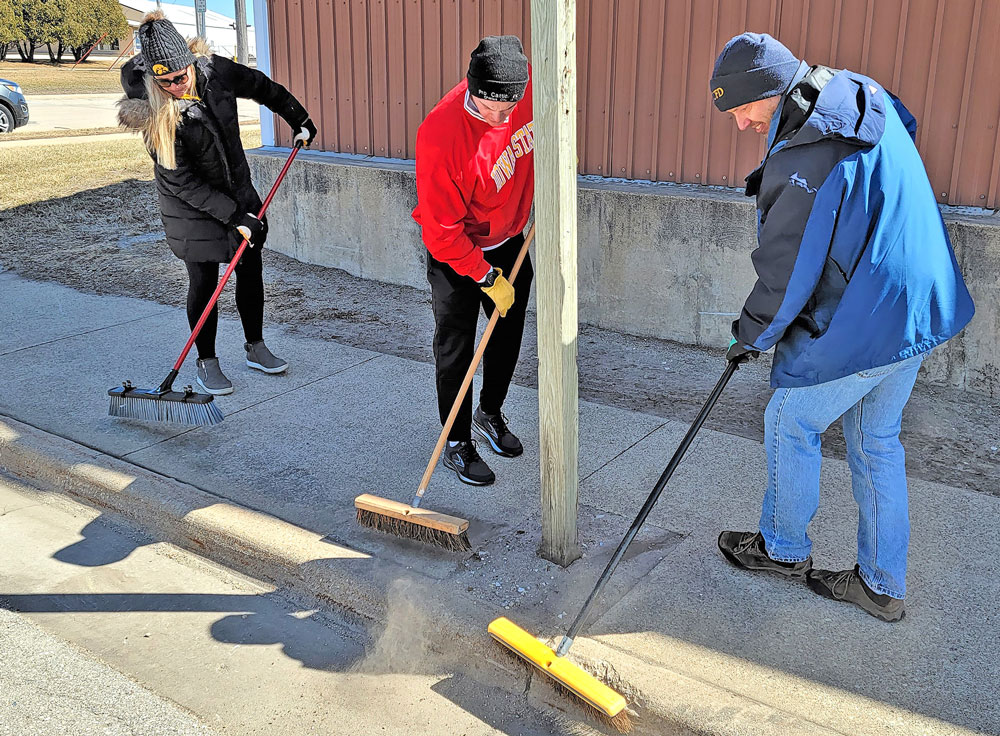Guest View: Sen. Brown and Rep. Prichard: What say you?

By Mark Kuhn, Supervisor, Floyd County
The standard response from the confinement livestock industry to calls for changes to the Master Matrix goes like this: Iowa’s livestock producers are already highly regulated and putting more unneeded regulations in place would only limit the ability of young producers to enter agriculture.

Is the Iowa Department of Natural Resources doing its job?
While there are many regulations on the books to ensure the industry acts responsibly, past cuts have reduced the number of state employees who actually inspect CAFOs to 16 statewide.
Gov. Kim Reynolds’ proposed budget would cut that number by one-third to 11. That won’t leave any meat on the bone to enforce existing violations, much less deal with the onslaught of CAFOs on the horizon.
• The largest cause of impairments in Iowa lakes, rivers and streams is bacteria. So why did the Iowa DNR recently propose changes to its water quality monitoring rules that lower standards for E. coli bacteria, which comes from livestock operations and other sources?
• The Iowa DNR admitted last year that there are potentially 5,000 more hog confinements and cattle lots not accounted for in their database. These “stealth” facilities were discovered using satellite imagery, but only after the U.S. Environmental Protection Agency required a survey.
• And then there’s the disturbing case of Gene Tinker, the Iowa DNR’s animal feeding coordinator. For the past 14 years Tinker served as the primary contact between the CAFO industry, county officials and state law. Early last year he started explaining the rights of counties to add their own criteria on certain Master Matrix questions. Tinker was fired last July. The Iowa DNR said it was due to budget cuts. Tinker told the Storm Lake Times it was because the Iowa Farm Bureau and the Iowa Pork Producers Association complained that he was educating counties on how to object to CAFOs. Either way, the person who served as a resource for county officials when dealing with the Master Matrix is long gone.
It makes you wonder: Is the Iowa DNR committed to its core mission to protect the health of Iowans and our precious natural resources from pollution? You decide.
Join 20 Iowa counties asking for change
Enough is enough. That’s why 20 Iowa counties, including Floyd, Butler, Cerro Gordo, Mitchell and Howard, have passed resolutions or sent letters to the Iowa DNR and legislative leaders calling for changes to the Master Matrix.
Instead of addressing our concerns, lawmakers seem content to do nothing. Their inaction allows the battles at county supervisor meetings to continue, even though we have no authority to regulate CAFOs.
It takes political will and courage to take a stand and fight for the rights of all Iowans to breathe clean air, drink clean water and enjoy their quality of life. This isn’t a rural vs. urban issue. It effects all Iowans. It pits neighbor vs. neighbor. Often times it pits farmer vs. farmer.
Our two state legislators hold key positions on the Senate and House Agriculture Committees. They are in a position to do something to resolve this contentious issue. Ask them where they stand on this issue and why.
Contact Sen. Waylon Brown, the vice-chair of the Senate Agriculture Committee and tell him you support Senate File 2009, a bill that creates a 19-member Master Matrix Advisory Committee to review the Master Matrix and recommend how it could be improved in a report to the governor and the Legislature.
The advisory committee would be composed of a representative of all 10 stakeholder groups that created the Master Matrix in 2002. It adds 9 more members to ensure even representation from all agriculture and livestock producer organizations, as well as organizations concerned about the health of Iowans and our natural resources.
Contact Rep. Todd Prichard, the ranking member of the House Agriculture Committee, and tell him you support the companion bill, House File 2081.
The time for action is now. If one of the bills isn’t approved by either the Senate or House Agriculture Committee by the legislative funnel date on Feb. 16, the Legislature will fail Iowans again.
The bills do not call for a moratorium on new CAFO construction or local control of siting. Instead, they start a statewide dialogue to restore balance to an industry vital to Iowa’s economy, while at the same time protecting the air we breathe, the water we drink, the lakes we recreate in, and the trout streams where we fish. What could possibly be wrong with that?
But that will only happen if our state legislators take a stand and put people ahead of pigs and politics.








Social Share